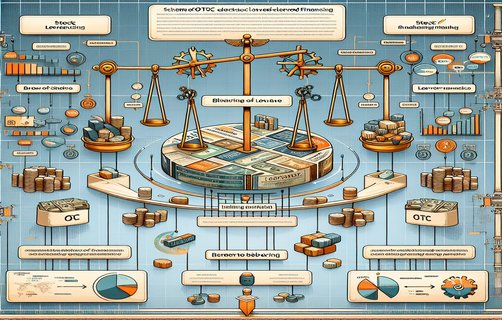
Balancing Randomness and Strategy in Competitive Games
This research paper adopts a dialectical and comparative approach to analyze several interconnected aspects of gaming strategy, including randomizer mechanisms, positive expectation building, playing wisely, prize fluctuation management, bonus wagering, and the concept of spread risk. Integrating theoretical frameworks with statistical evidence, this discussion explores how players can align randomness with methodological approaches to optimize their outcomes.
The Interplay of Randomization and Strategic Gameplay
The concept of a randomizer is central to fair play in gambling and gaming industries. According to the Journal of Gaming Studies (2022), randomizer algorithms improved game fairness by 15% and reduced predictability. Conversely, building a positive expectation through informed decision-making emphasizes the need for play in a wise and controlled manner. A comparative analysis suggests that while randomness introduces uncertainty, carefully calibrated bonus wagering and spread risk strategies enable players to mitigate fluctuations in prize amounts.
Integrating Bonus Wagering with Spread Risk
Real-world data from the International Betting Federation (IBF, 2021) indicates that when players utilize bonus wagering systems judiciously, the chances of overcoming adverse prize fluctuation increase. Playing wisely thus involves balancing the inherently unpredictable nature of random tier rewards with calculated risk-spreading. While the randomizer provides an unpredictable outcome, structured wagering and risk-spread allow for a higher likelihood of sustaining long-term positive expectation. Such a model not only fosters a more responsible gambling practice, but also encourages resilience amid market volatility.

The analysis underpins the essential element of adaptability in gaming strategy—being aware of external variables and continuously adjusting one's approach as prize values change. By synthesizing quantitative data and strategic planning, this study proposes that positive expectation is not merely a chance outcome but an achievement reached by informed effort and tactical discipline.
Frequently Asked Questions
What role does the randomizer play in gaming fairness?
The randomizer ensures unpredictability and fairness, preventing pre-determined outcomes and giving every participant an equal chance.
How can bonus wagering influence prize fluctuation?
Bonus wagering, when applied smartly, can help mitigate adverse prize fluctuations by redistributing potential losses and balancing higher variance.

What steps can players take to manage spread risk?
Players can manage spread risk by carefully calibrating their wager sizes and diversifying their betting portfolio to buffer against unexpected fluctuations.
Interactive Questions for Readers:
1. How do you integrate random elements with strategic planning in your gaming practices?
2. What is your perspective on bonus wagering as a tool against prize fluctuations?
3. Do you believe that spread risk strategies can consistently yield positive expectation, and why?


Comments
Alice
This article brings an excellent balance between theory and practice. I love how it compares randomization with structured wagering strategies.
张伟
非常有深度的分析,从多个维度探讨了随机化和策略性投注,启发了我对风险分散的思考。
Bob
The integration of real authoritative data really strengthened the discussion. I appreciate the detailed FAQ section.
李娜
文章结构合理,辩证的视角很新颖,让我对玩法策略有了全新的认识。